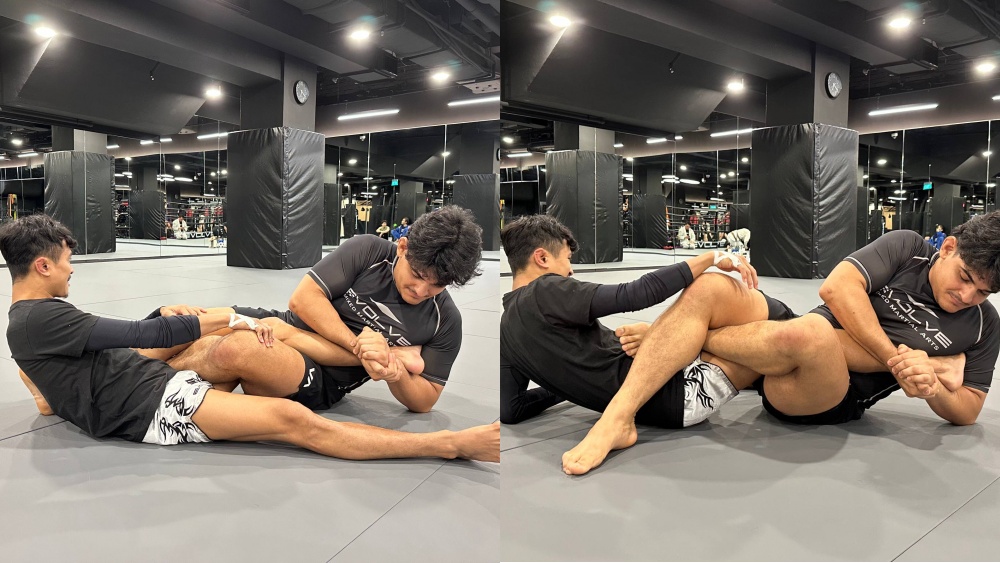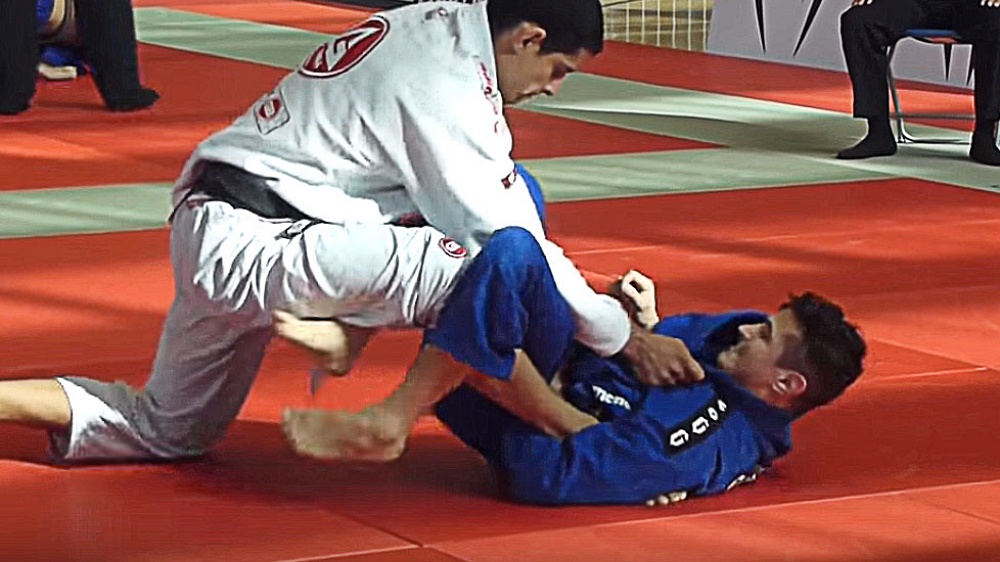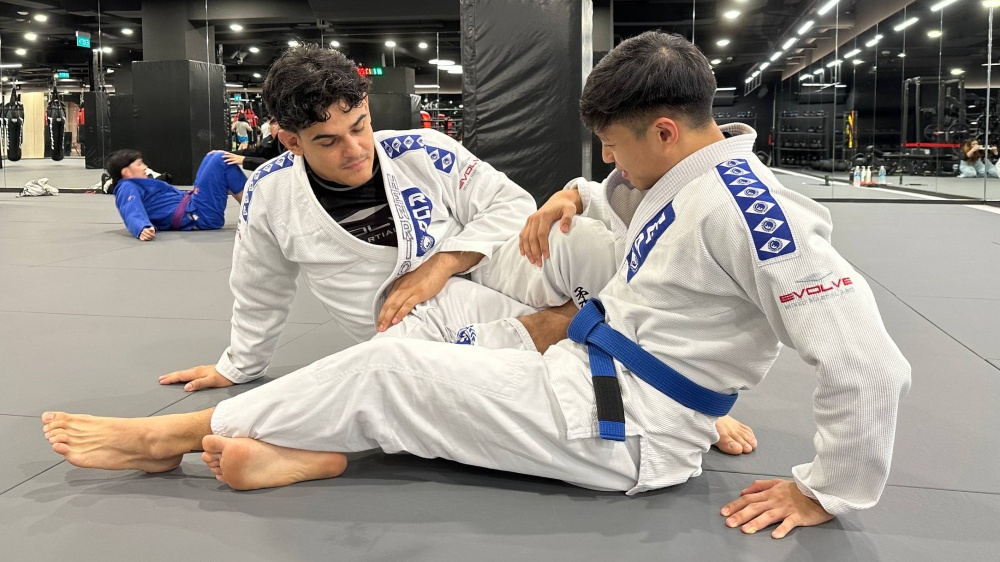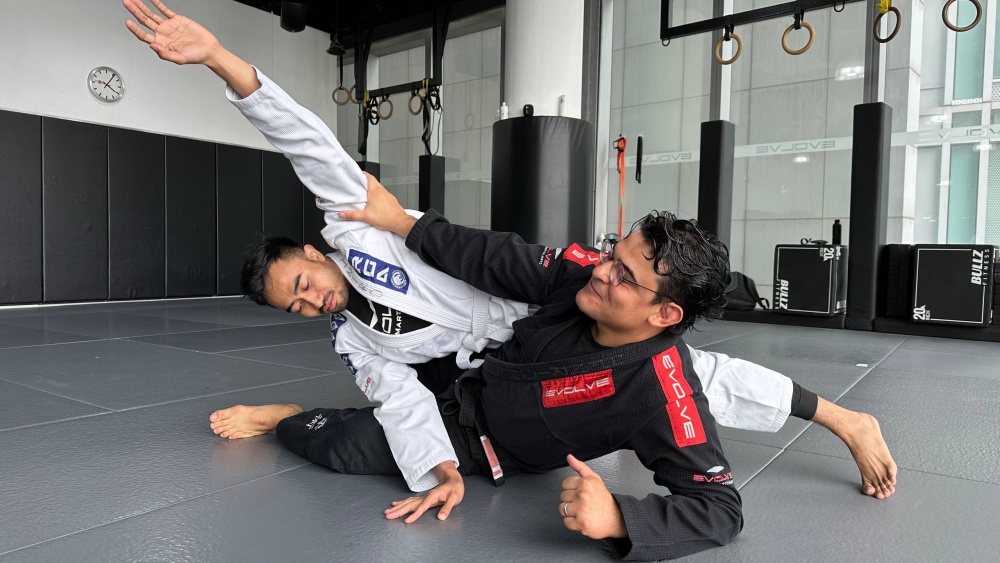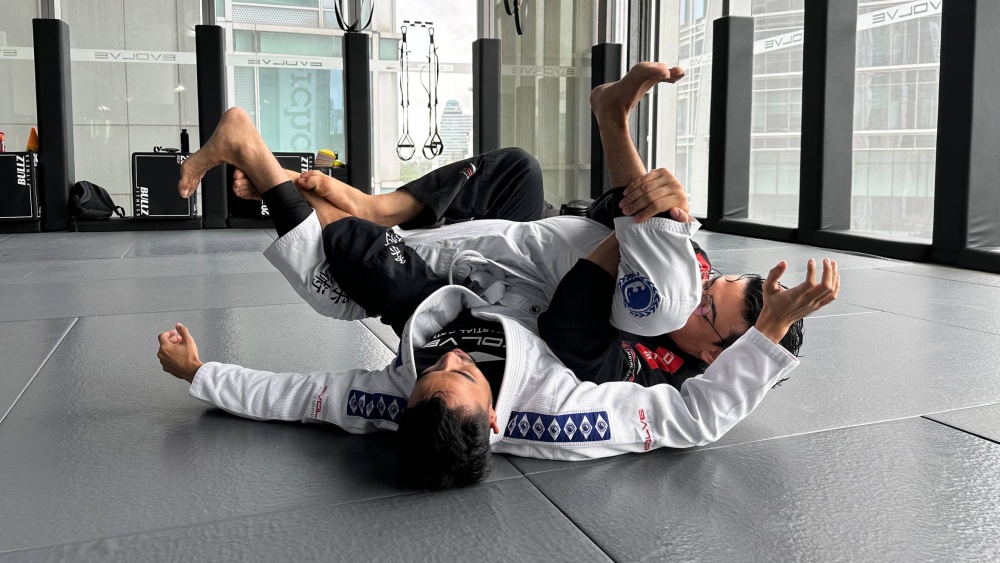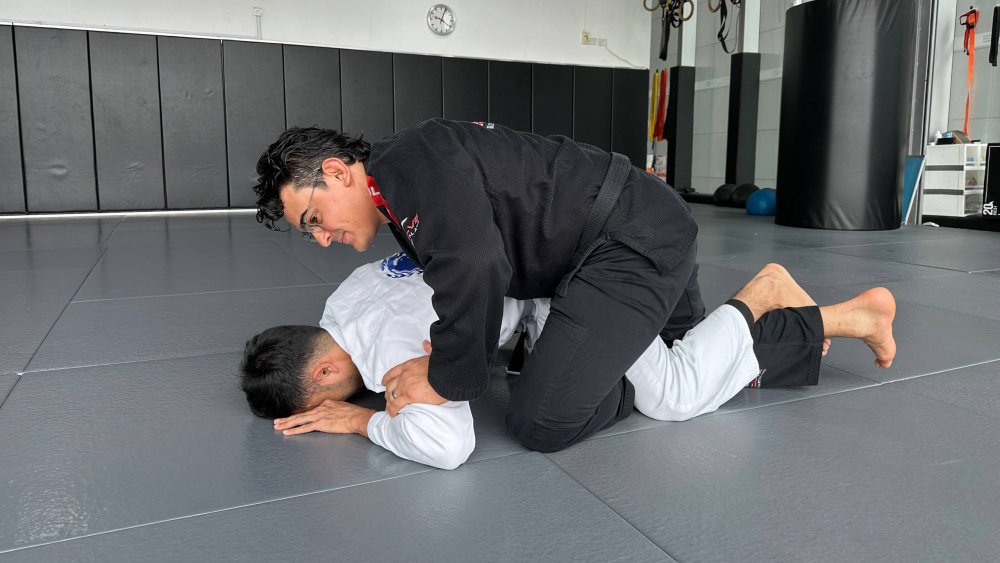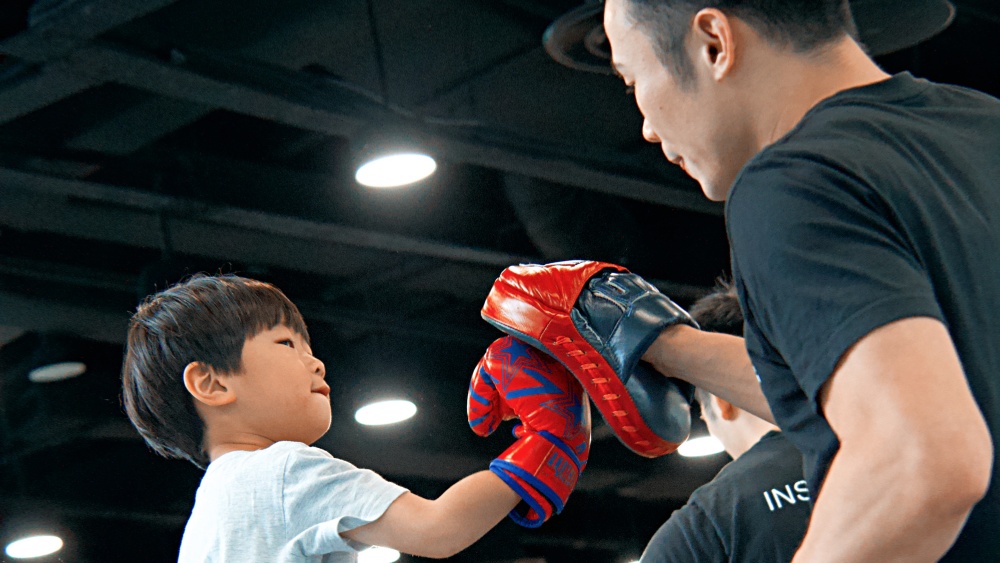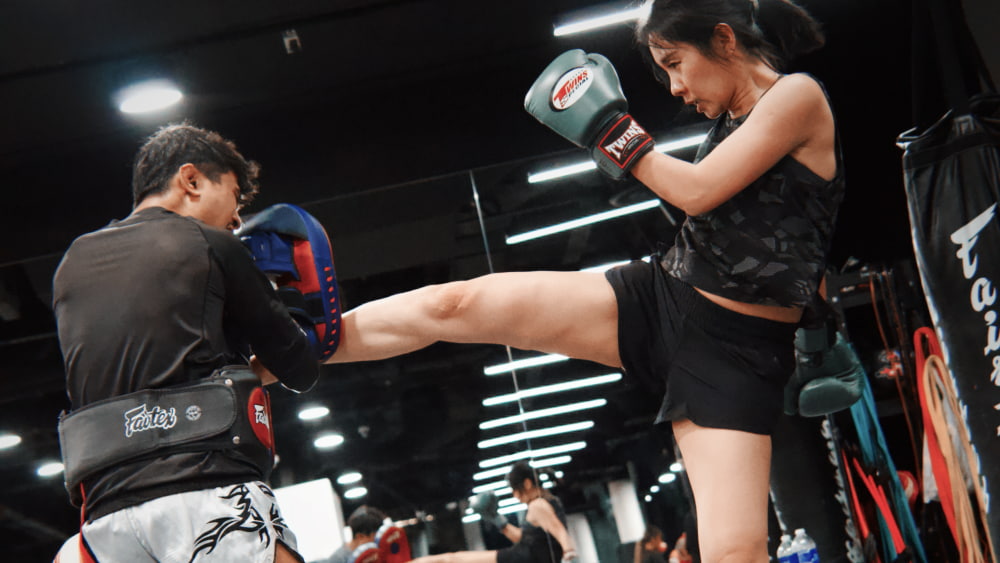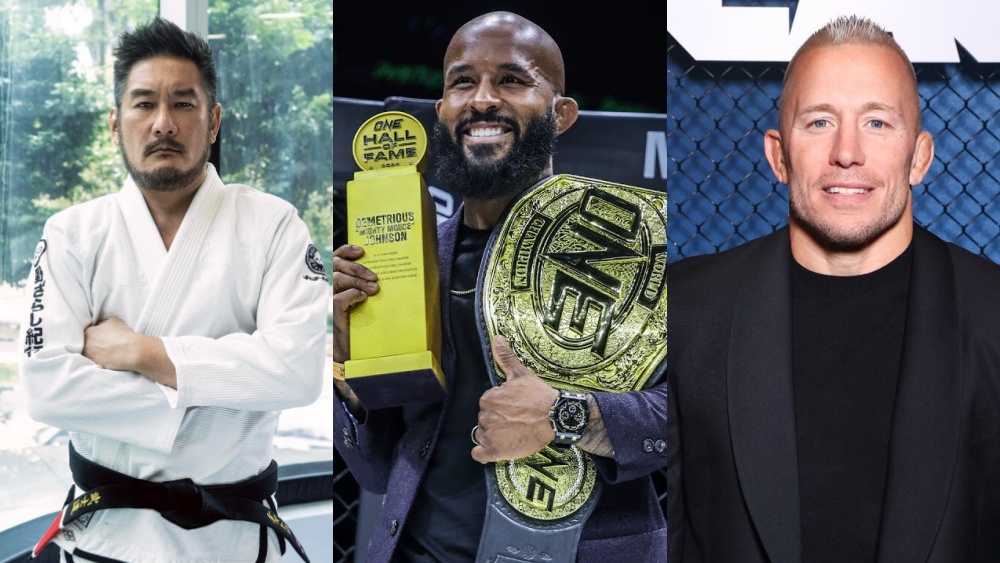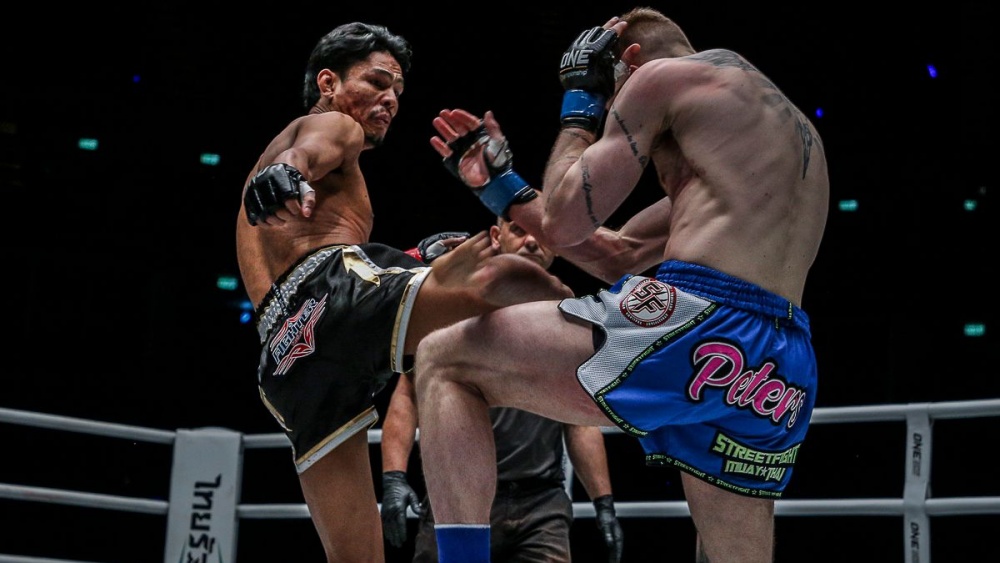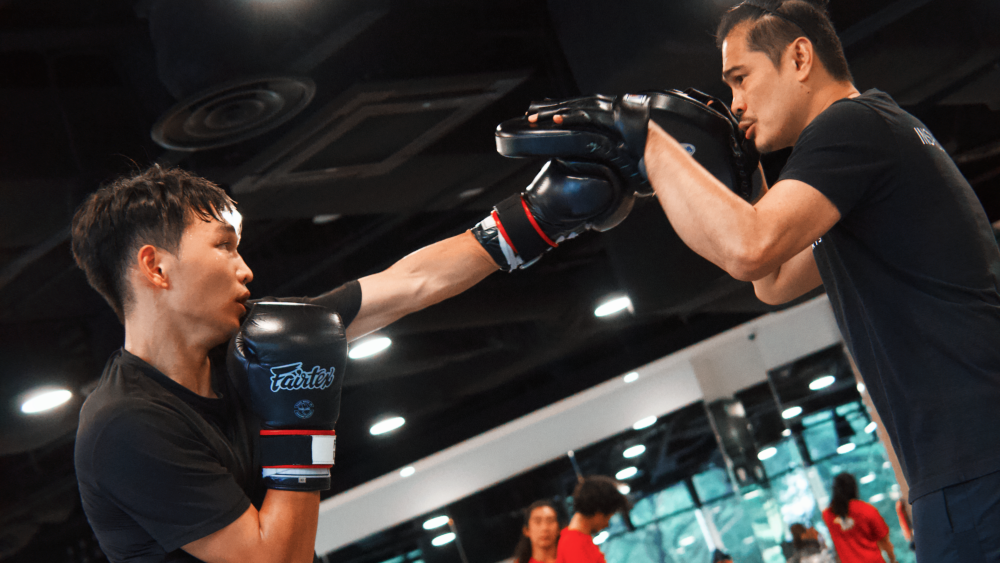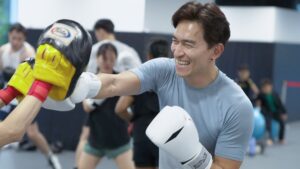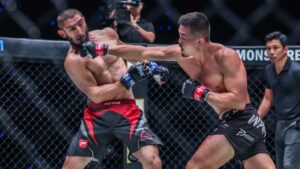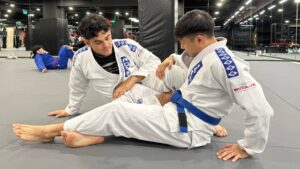Although grappling arts like Brazilian Jiu-Jitsu and submission grappling are often considered individual pursuits, our success in either is directly related to the quality of our training partners. Therefore, we should appreciate and respect our BJJ classmates while striving to help them improve and succeed. Below are some tips to help you become a great BJJ training partner.
1) Share your knowledge
With the advent of the internet, the popularity of training videos, and the spread of BJJ worldwide, long gone are the days of safeguarding one’s BJJ “secrets.” By sharing technical and conceptual BJJ knowledge with our training partners, they improve. And when they improve, we improve. Therefore, we should be more than happy to demonstrate our favorite techniques to our training partners. The only caveat to this rule is that you should always seek the permission of your instructor prior to demonstrating techniques to ensure consistency with your school’s curriculum.
2) Understand your partners’ training goals
By discussing our training goals with our partners, the opportunity for mutual improvement and enjoyment is increased. When we understand our partners’ training goals, we can effectively tailor our pace, intensity, and techniques to meet their needs. For example, when an active competitor trains with a casual hobbyist, both students will probably need to make adjustments in order to optimize the others’ training experience. For the casual hobbyist, the pace and intensity of the active competitor may be inappropriate for his or her development. Likewise, a defensive, inactive roll on the part of the hobbyist will do little to aid the progress of the active competitor. By discussing their training goals beforehand, students with different objectives can work together to achieve mutually beneficial outcomes.
3) Tap!
Appropriate tapping is an important aspect of being a great BJJ training partner. When you’ve been caught in a tight submission, tap. Leave your ego at the door and know that everyone will be tapping at some point of training. Conversely, while it’s a good rule of thumb to tap early and often, tapping too early can also be detrimental to our training partners. When we tap well before a submission has been completely locked in, our training partners are deprived of the opportunity to gauge the effectiveness of their techniques. If you find yourself in a position to safely attempt an escape, then it may be too early to tap. The more you train, the more adept you’ll become at determining the appropriate time to tap. However, if you’re a beginner, always air on the side of caution, even if this means tapping a little early.
4) Make adjustments
This rule primarily applies to advanced students. When there is a wide skill disparity between you and your partner, it is important to adjust your game accordingly. After all, it doesn’t do anyone much good to be dominated roll after roll. On the other hand, it’s important to provide our partners with realistic resistance while rolling. Therefore, when training with less experienced or skilled students, we should seek to challenge, but not discourage, our training partners. However, this doesn’t mean that our own games must suffer as a result. In fact, artificially limiting one’s options while rolling can both challenge our less experienced partners and simultaneously foster our own improvement. This can be done in a number of ways, such as limiting oneself to certain positions and submissions. For example, the great Rickson Gracie, who was more skilled than practically anyone he ever trained with, would often limit himself to a single submission option, such as a right-side armbar, while rolling. This not only provided his partners with the opportunity to make headway during sparring, but it forced Rickson to find new, innovative ways of achieving his designated submission.
5) Stay focused
When we stay focused during class, we benefit both ourselves and our training partners. Unfortunately, it can sometimes be difficult to do this, particularly when a high number of different techniques are demonstrated over the course of a single class. However, it’s important to bear in mind that a lack of focus can negatively impact our training partners in several ways. For instance, when we fail to pay close attention to our instructors as they demonstrate techniques, we become ineffective and slow during drilling. This reduces the number of repetitions that both we and our training partners are able to complete. And the fewer repetitions we complete during drilling, the less effective we’ll be during rolling. This creates a snowball effect that eventually lowers the overall skill level of the entire academy.
6) Communicate
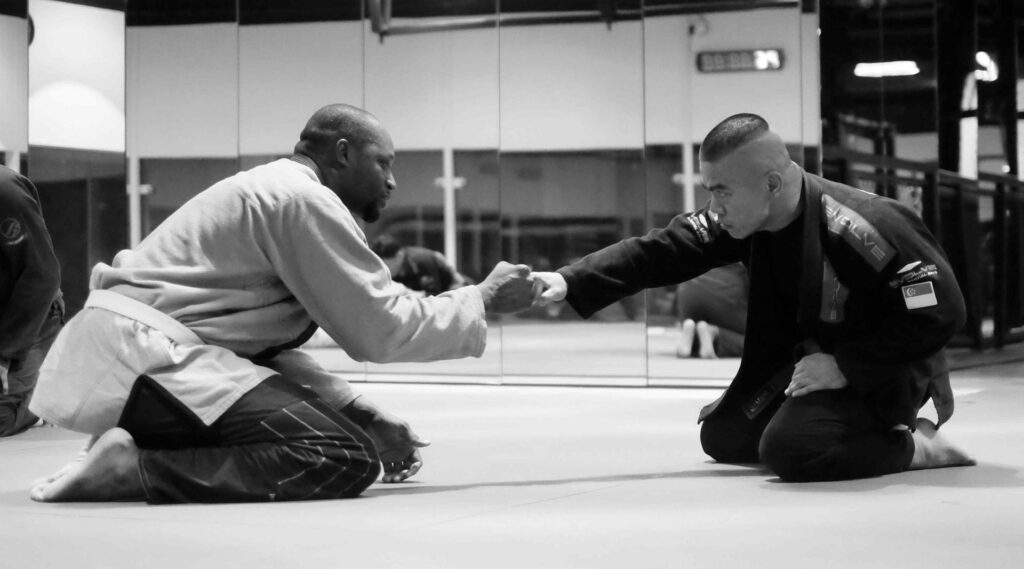
Effective communication with our training partners is an important skill to master in BJJ. When we maintain open lines of communication with our classmates, we limit confusion and help foster a positive gym atmosphere. Don’t be shy to ask questions when needed.
In BJJ, our training partners challenge us, teach us, and foster our growth as martial artists. Focus on the improvement of your partners, and you’ll not only be viewed as a valued member of the martial arts community, but your progress will skyrocket as a result!
